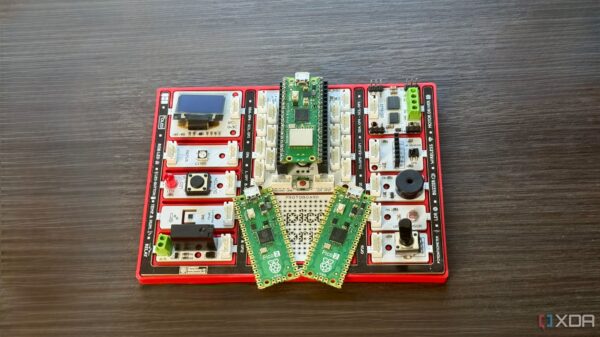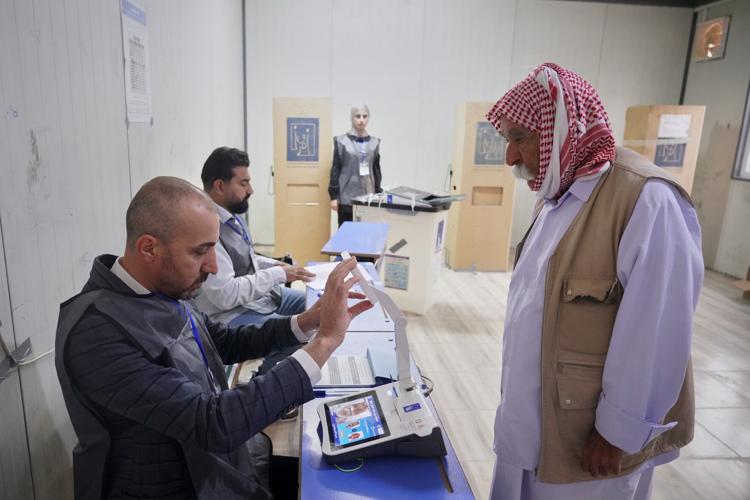On March 3, 2024, Iraqi security forces and displaced individuals, including many from the Yazidi community, participated in early voting for the upcoming parliamentary elections. This crucial election will determine the future of Iraqi Prime Minister Mohammed Shia al-Sudani, who seeks a second term amid regional tensions and domestic challenges.
Approximately 1.3 million military and security personnel, along with around 26,000 displaced individuals, are eligible to vote. The elections feature 7,744 candidates, predominantly from sectarian-aligned parties, with the general election scheduled for March 5, 2024. Voting took place in various locations, including a camp near Dohuk, where many Yazidis have sought refuge after fleeing violence from the Islamic State group.
Yazidi Community’s Struggles
Many Yazidis cast their votes at a polling station set up in a local school in Dohuk, located in the semi-autonomous northern Iraqi Kurdish region. This community has faced significant challenges since the Islamic State militants launched a brutal campaign against them over a decade ago, decimating their homes in the Sinjar district of Nineveh province. Many Yazidis still cannot return home due to ongoing political disputes and a lack of infrastructure.
One displaced Yazidi, Khedhir Qassim, expressed his disillusionment after voting, stating, “Eleven years passed and the situation is the same. We want them to support us and rebuild our areas that are ruined due to their political dispute.” His sentiment reflects the broader frustration among Yazidis regarding the lack of progress in their communities.
Another voter, Edris Zozani, voiced his decision to support the Kurdish Democratic Party (KDP), emphasizing that independent Yazidi candidates may struggle to effectively represent their interests. He noted, “If they go to parliament as part of strong lists, like the KDP, they would be in a better position to support the Yazidi community.”
The Broader Electoral Context
In the capital, Baghdad, early voting also included Iraqi soldiers, police, and members of the Popular Mobilization Forces (PMF), a coalition of primarily Shiite militias that have been integral in the fight against the Islamic State. The PMF was officially integrated into Iraq’s military structure in 2016, yet it continues to operate with significant autonomy, raising concerns about its influence on the next parliament.
The relationship between the PMF and the Iraqi military will be a contentious issue for the incoming parliament, particularly in light of tensions between Baghdad and Washington regarding the presence of Iran-backed militias in Iraq. Some voters associated with the PMF expressed their intent to support candidates aligned with their interests, underscoring the complex political landscape that will shape Iraq’s future.
As the elections approach, the stakes are high for Iraq’s diverse communities, particularly the Yazidis, who seek representation and support in rebuilding their lives after years of hardship. With the early voting now concluded, all eyes will be on the outcome of the parliamentary elections and the potential impact on Iraq’s political trajectory.







































































